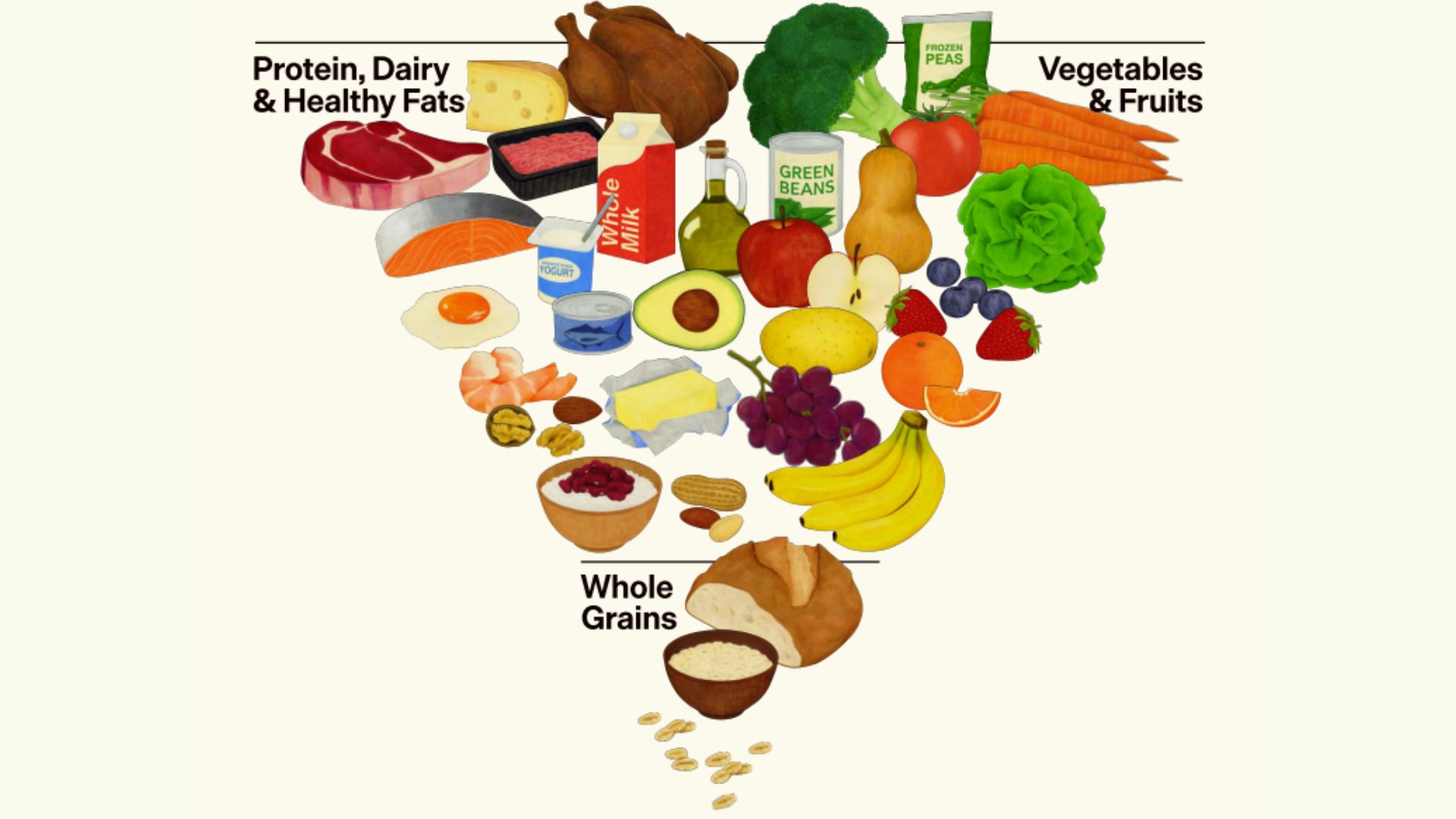Brain Tumors May be Infectious
Older children often think younger siblings are a headache, but sobering findings reveal the chances of a child developing a brain tumor and cancer elsewhere in the nervous system increase with the more younger brothers and sisters one has.
The finding suggests infectious agents might play a role in causing these cancers.
The researchers analyzed more than 13,000 cases of nervous system tumors in Sweden, data collected over the course of more than 70 years. They found people with four or more siblings were twice as likely to develop such tumors as people with no siblings.
The investigators also found there was a two- to four-fold increase in nervous system tumor rates among children younger than 15 who had three or more younger siblings compared to children of the same age who had no younger siblings. They did not see a link between the number of older siblings a person had and these tumors.
"The number of siblings a person has indicates they were exposed at an early age to infections, since children come in close contact with each other and thereby share exposures to many infectious agents," explained researcher Andrea Altieri, an epidemiologist with the German Cancer Research Center in Heidelberg. "Evidence comes from several studies that show that children attending day care to children cared for at home have a two- to four-fold increased risk of different types of infections."
There has been much speculation as to whether viruses play a role in brain tumors. "Childhood leukemia has long been associated with similar markers of exposure to infections," Altieri told LiveScience.
Altieri added future efforts concentrating on identifying infectious agents that may cause nervous system tumors are warranted.
Get the world’s most fascinating discoveries delivered straight to your inbox.
The scientists report their findings in the Dec. 12 issue of the journal Neurology.



